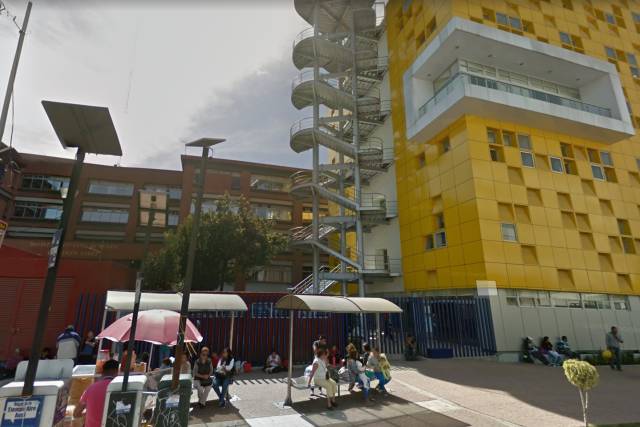To design a model of sustainable intersectoral action aimed at strengthening actions for the elimination of malaria in the state of Campeche, supported by a dynamic and open access information system for health that facilitates its good management and leadership. This is the objective of a project developed in the Dr. Federico Gómez Children's Hospital of Mexico, and that was one of the winners of the call for proposals for the implementation of IS4H projects promoted by the Pan American Health Organization.

The plan introduces methodological innovation to the process of planning intersectoral interventions.
Campeche is currently a State with very low transmission of cases of malaria, with the presence of transmission foci in poor rural localities in the municipality of Candelaria, on the border with Guatemala. The State Plan for the Elimination of Malaria includes actions focused on these communities to improve access to diagnostic procedures and treatment of cases, strengthen the epidemiological surveillance system and the actions of promotion and education for health. However, it is necessary to include specific strategic and operational lines to be developed by other public and/or private institutions present in the State, either to strengthen the actions of the health sector, or to address and/or modify social determinants present in the these locations (basic network coverage of environmental sanitation, migration, access and coverage of services to unprotected sectors, address conditions of precarious work, among others) that encourage the survival and survival of Anopheles mosquitoes -transmitter of malaria- near human settlements, and that facilitate the introduction of malaria cases and their epidemic distribution in the area.
Given this situation, the project proposes to integrate strategic and operative lines of sustainable intersectoral action in the State Plan for the Elimination of Malaria, for which, an information system is required that allows access to validated information, from multiple sources. There should be geo-referenced information of the malaria problem and its determinants in targeted community spaces, and—to facilitate aspects of governance and leadership of the plan during its validation process—transparent communication of actions, and access to resources and ICT management tools of knowledge that facilitate the informed decision-making and the continuous training of the personnel involved in its operation. The emphasis should be on the community human resources and health care services of the first level.
The plan introduces methodological innovation to the process of planning intersectoral interventions, making use of validated methodologies for the design and evaluation of sustainable social development policies, strategies and projects, and for the strengthening of local governance and leadership capacities.
